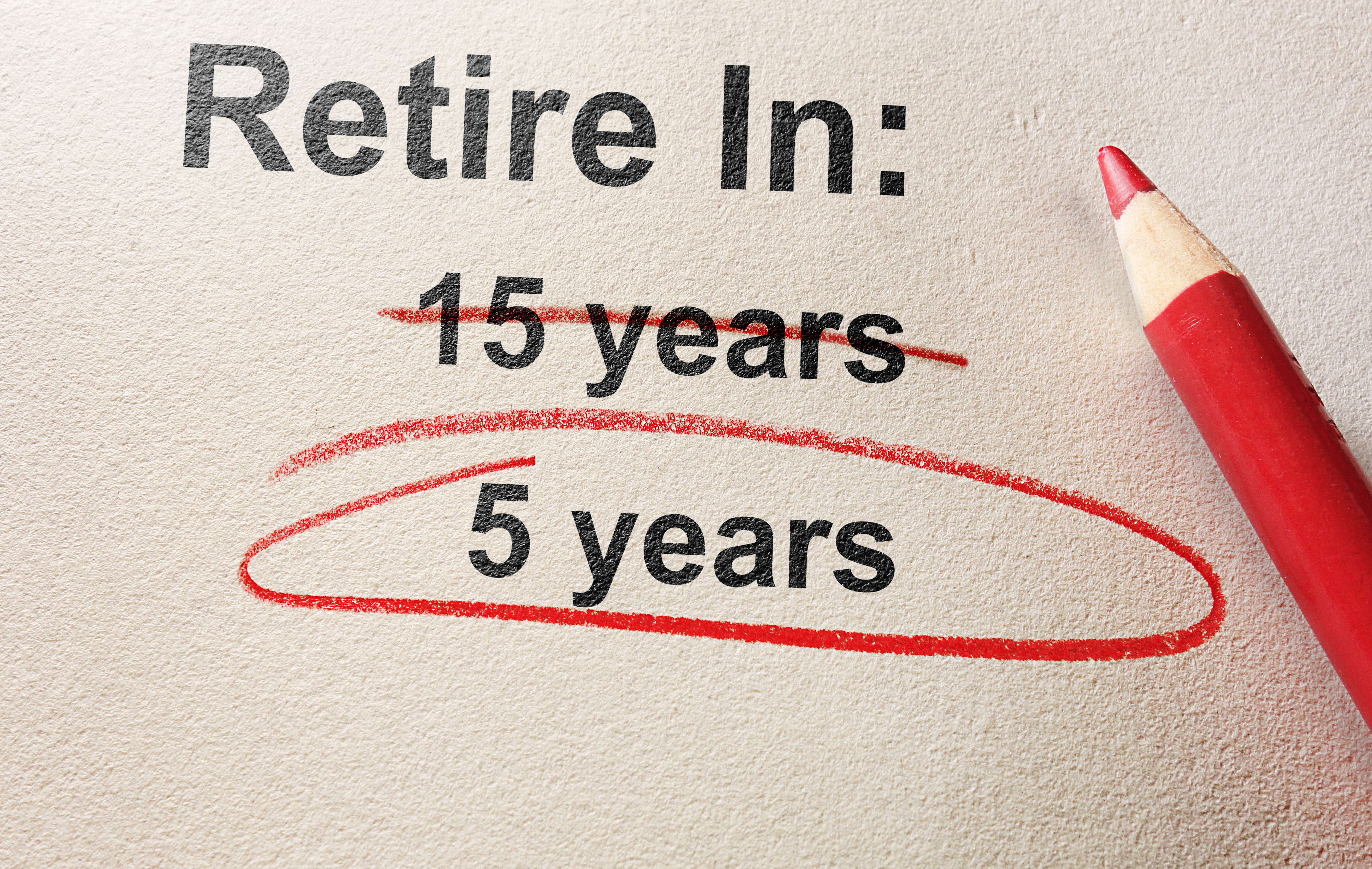
Many dentists experience a “Faux Retirement” period, caused by burnout, stress, chaos, and/or personal issues. Interestingly, once the problem has been eliminated or resolved, a “New Energy” is experienced, and the dentist is “re-enthused” about practicing.
One of the most common examples of this is the transition of a dental practice–bringing on an associate or partner with a buy-sell expectation. Once the pressure is off the selling dentist, he or she begins to enjoy dentistry again and delays the sale of the practice, often to the chagrin of the buyer.
Defining Your Exit Strategy
In the process of selling a dental practice, the exit stage should be defined by one or more of the following:
- Acknowledgement of a physical or mental impairment
- Financial ability to retire – real financial freedom
- Desire and excitement to pursue new and other interests
- Willingness to walk away from the practice, the patients, and the professional relationships that have developed
- Real distaste or dislike of the practice of dentistry
Unless dentists have reached the point of financial security and embraced the real desire to retire to do something else, there is a good chance they will find a void in their life and the desire or need to return to practice.
Very often we encounter dentists who have an unrealistic value of their practice. It does not matter how much you think your dental practice is worth, its actual value is only determined after it has been purchased, whereby the buyer and you have agreed upon the price. If your asking price is too high, it will not sell; if your asking price is too low, you will not receive your due compensation for your business.
Importance of a Professional Dental Practice Appraisal
To accurately value a dental practice in preparation of selling, you should engage an expert who performs dental practice appraisals. The dental practice marketplace is different from any other profession and has many facets that are completely unlike any other business. Relying on a typical “rule of thumb” market value may not apply to your particular practice.
Using a “rule of thumb” value when selling a dental practice would be the same as if a patient had a toothache and, without seeing that person, you would decide that she had an abscess. It may or may not be an accurate diagnosis and would not be definitive until you had examined the patient. The same goes for appraisals, your practice has to be carefully analyzed by a knowledgeable professional with strong, specific experience performing dental practice appraisals.
Tax Consequences of Selling a Dental Practice
Another extremely important issue when considering selling your dental practice is the tax consequence of the sale. Proper allocation of the purchase price can save many thousands of dollars. A professional practice broker can work with the allocations, while a competent accountant who has dental practice experience should be consulted to assure that unreasonable tax liabilities or consequences are not present.
If you are considering the sale or transition of your practice, we recommend that you plan for that transition as far in advance as possible. There are many important facets of your transition to consider including having a professional dental practice appraisal. These are questions that Henry Schein transition specialists will discuss with you, providing you with the seasoned insights and guidance you can depend on as you begin the process of selling your dental practice.
Henry Schein Professional Practice Transitions, Inc. is a national leader in dental practice transitions. A subsidiary of Henry Schein, Inc. they provide expert guidance for selling and buying dental practices, dental practice fees and management, assessing partnership and associate-ship opportunities, and performing dental practice appraisals and valuations.
